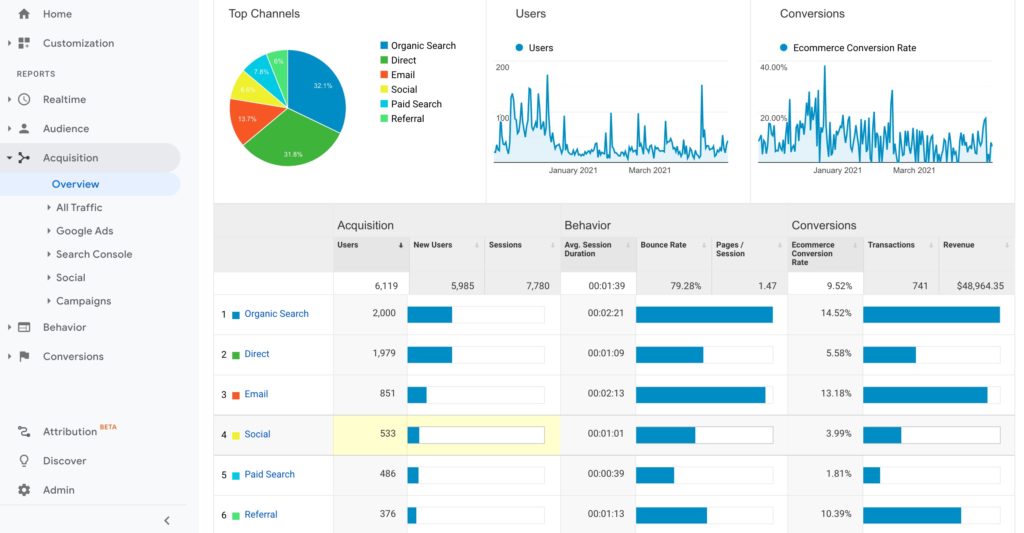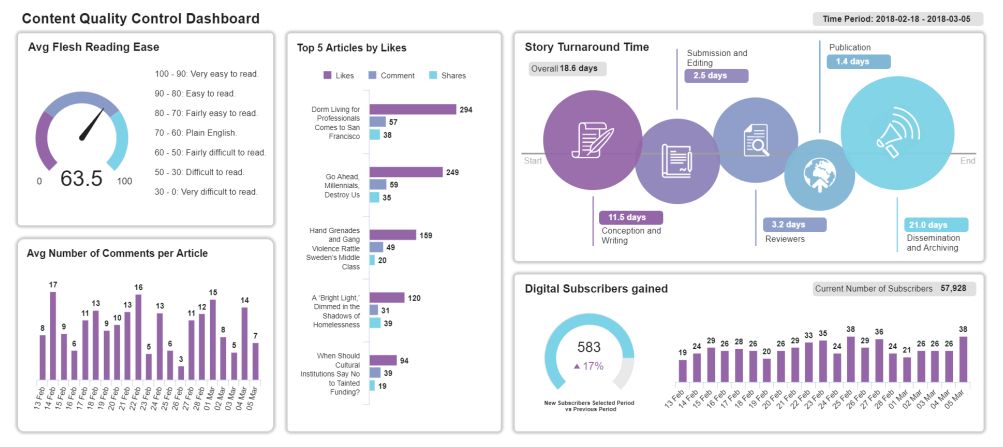While digital marketing has gained significant prominence, offline marketing efforts still play a crucial role in reaching and engaging with target audiences. Tracking and measuring the effectiveness of offline marketing campaigns is essential to understand their impact and make data-driven decisions. In this article, we will explore how you can track and measure offline marketing efforts using analytics to gain insights and optimize your marketing strategies.
Setting Clear Objectives:
Before implementing any tracking and measurement strategies, it’s important to define clear objectives for your offline marketing campaigns. By clearly articulating what you aim to achieve, such as increasing brand awareness, driving foot traffic to physical stores, or generating leads, you provide a guiding framework for your tracking efforts. Clear objectives help you stay focused, measure the success of your campaigns, and ensure that your marketing efforts align with your overall business goals.
Unique URLs and Landing Pages:
One effective method to track the effectiveness of your offline marketing efforts is by utilizing unique URLs and landing pages. By creating custom URLs or dedicated landing pages specific to each offline campaign, you can easily monitor the traffic and interactions associated with those specific URLs or landing pages. For instance, if you’re running a print ad, including a unique URL or QR code that directs users to a dedicated landing page allows you to track the number of visits and engagements that resulted from that particular offline campaign. This data provides valuable insights into the effectiveness of your offline marketing initiatives and helps you measure their impact on driving online engagement and conversions.

Call Tracking:
Implementing call tracking enables you to measure the impact of offline marketing efforts that drive phone calls. By using unique phone numbers for different campaigns or channels, you can track the number of calls generated from each source. Call tracking software provides detailed insights into call duration, caller location, and even conversion rates. Integrating call tracking data with your overall analytics platform allows you to gain a comprehensive understanding of the success of your offline marketing campaigns, particularly in driving customer interactions and conversions over the phone.
Promo Codes and Coupons:
Incorporating unique promo codes or coupons in your offline marketing materials offers an effective way to track conversions and measure the effectiveness of your campaigns. By providing customers with exclusive discounts or offers tied to these codes, you can track the redemption rate and analyze the impact of your offline marketing efforts on sales and customer acquisition. The data obtained from promo code or coupon redemptions allows you to evaluate the success of your campaigns, identify which channels or materials are driving the most conversions, and make data-driven decisions to optimize your marketing strategies.

Event Tracking:
If your offline marketing involves hosting events or conferences, utilizing event tracking can provide valuable insights into attendee engagement and conversions. By setting up event tracking in your analytics platform, you can monitor key metrics such as registrations, ticket sales, session attendance, and other relevant data points. This information allows you to evaluate the performance of your events, understand attendee behavior, and optimize future events based on data-driven insights. Event tracking provides a comprehensive view of the impact of your offline marketing efforts on event attendance and conversions, enabling you to refine your event strategies and enhance the overall attendee experience.
Surveys and Feedback:
Collecting customer feedback and conducting surveys offer qualitative insights into the impact of your offline marketing efforts. By including specific questions about how customers discovered your brand or event and their impressions of your offline campaigns, you can gather valuable information on the effectiveness and perception of your marketing initiatives. This qualitative data complements the quantitative analytics obtained through other tracking methods and provides a deeper understanding of the customer experience and sentiment towards your offline marketing efforts. By listening to your customers and incorporating their feedback into your analysis, you can make informed decisions, refine your offline marketing strategies, and continuously improve the effectiveness of your campaigns.

In conclusion, tracking and measuring offline marketing efforts with analytics is essential to understand their impact, optimize strategies, and make informed decisions. By utilizing unique URLs, call tracking, promo codes, event tracking, and customer feedback, you can gain valuable insights into the effectiveness of your offline campaigns. This data allows you to allocate resources more efficiently, refine your marketing strategies, and maximize the return on investment for your offline marketing efforts.
Key Takeaways:
- Set clear objectives for your offline marketing campaigns to guide your tracking and measurement efforts.
- Use unique URLs and landing pages to track online traffic generated by offline campaigns.
- Implement call tracking to measure the impact of offline marketing efforts that drive phone calls.
- Incorporate unique promo codes and coupons to track conversions and assess campaign effectiveness.
- Utilize event tracking to measure attendee engagement and optimize event performance.
- Collect customer feedback and conduct surveys to gather qualitative insights on the impact of offline marketing efforts.
Don’t hesitate to contact us if you have any questions or require support!





